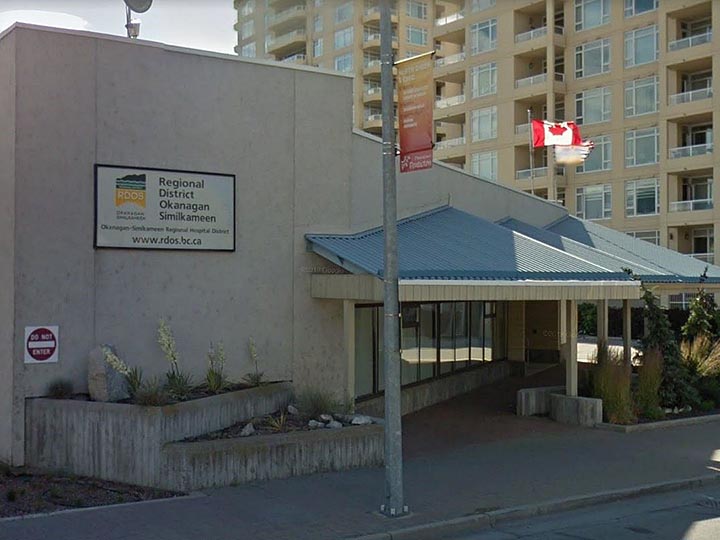Rural Osoyoos residents are getting the chance to have their say on the update to the area’s official community plan.

The Regional District of Okanagan Similkameen (RDOS) is holding an online public forum on Feb. 27, at 7 p.m., giving residents a chance to speak to the update on the community’s guiding document.
There are only a few changes deemed significant by regional district staff, mostly regarding provincial requirements in areas like climate change or the Water Protection Act, formalizing amendments already made to the plan over the past decade.
The director for Area A (Rural Osoyoos), Mark Pendergraft, said one of the biggest changes following the year-long official community plan (OCP) review is the restructuring of the document itself.
“There isn’t a great deal of change. More than anything things are put in different locations,” Pendergraft said.
“The main changes were more to comply with new provincial regulations such as the Water Act and various things like that.
“I would suggest for most folks that they look at the zoning of their properties and compare that to the OCP and see if there’s anything different or changes that directly affect them.”
There are some possible updates regarding wildfire and hazard protection areas in response to community feedback on those issues, but they won’t be officially adopted into the OCP quite yet as the studies into those changes have not yet been completed.
“There may be at some point some kind of a development permit area for the more dangerous areas for wildfire, but that’s not for sure. We’re in the middle of looking at that,” Pendergraft said.

It was already difficult to get much public engagement on a community planning document pre-pandemic, and COVID-19 did not exactly boost public engagement on community plans in 2020.
“It’s been a bit of a challenge. We were able to get one in-person meeting together. It was reasonably well attended, but, honestly, OCPs are always difficult to get people out or excited about, then add COVID to it and it was really tough,” Pendergraft said.

Get breaking National news
RDOS staff have summarized changes to the OCP and mailed them to Area A residents, informing them of the date of the virtual public hearing as well.
Some proposed changes to local area policies include not supporting the creation of new commercial designations adjacent to Highway 97, directing those uses to the Town of Osoyoos and encouraging signage within provincial highways to comply with the Ministry of Transportation’s standards.
“There’s always been some wording in regards to signage in the rural areas in particular, but it was never really enforced,” Pendergraft said.
“The previous wording was: you can have signage on your property if it was something to do with something on your property.”

However, third-parties have been working with landowners to erect signs in Area A on a rental basis.
“That was never really allowed on the old (OCP). What they are trying to say in this new OCP is that type of signage, particularly the third-party signage, should go on to the highway and should be done through a permitting process through (the Ministry of Transportation),” Pendergraft said.
“That’s always been there and available for people to do, but quite often it was just as easy to talk to their neighbour and get permission to put a sign up. Then we were getting a lot of feedback that there is way too many signs. So it would be better if it was all done through a permitting process through one general overseer, which in this case would be (the ministry).”
The OCP is a policy document, not a regulatory one, and a report from RDOS staff says there are no current subdivisions impacted by the new OCP bylaw.

Some of the updates to keep the document in line with provincial regulations include watercourse development permit areas in 2006, climate change and greenhouse gas reduction policies in response to the province’s climate action plan in 2010, agriculture area plan changes in 2014, vacation rental policies also introduced in 2014 and environmentally sensitive development permit updates in 2017.
Other amendments made since the original OCP include policies for cannabis production in 2020, objectives and policies for use of the Okanagan Basin Lakes in 2020 and 2021 and a review of accessory dwelling policies in 2020.
The Area A OCP bylaw is tentatively scheduled for first reading by the regional district board on March 18.

Comments
Want to discuss? Please read our Commenting Policy first.